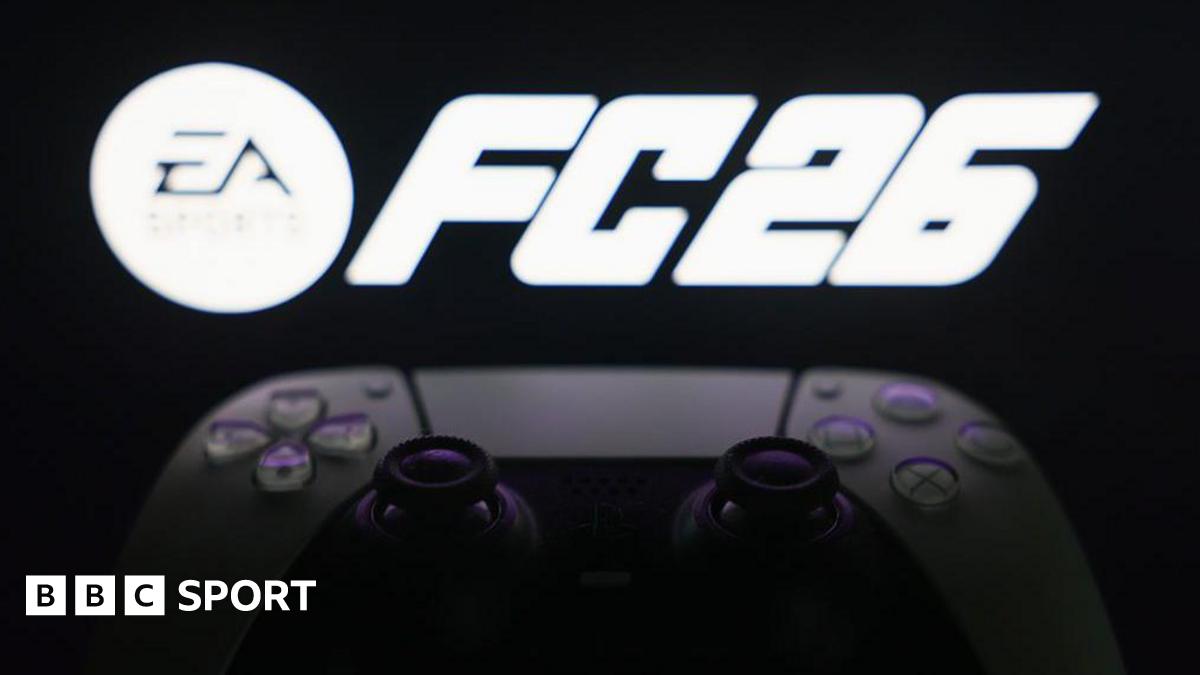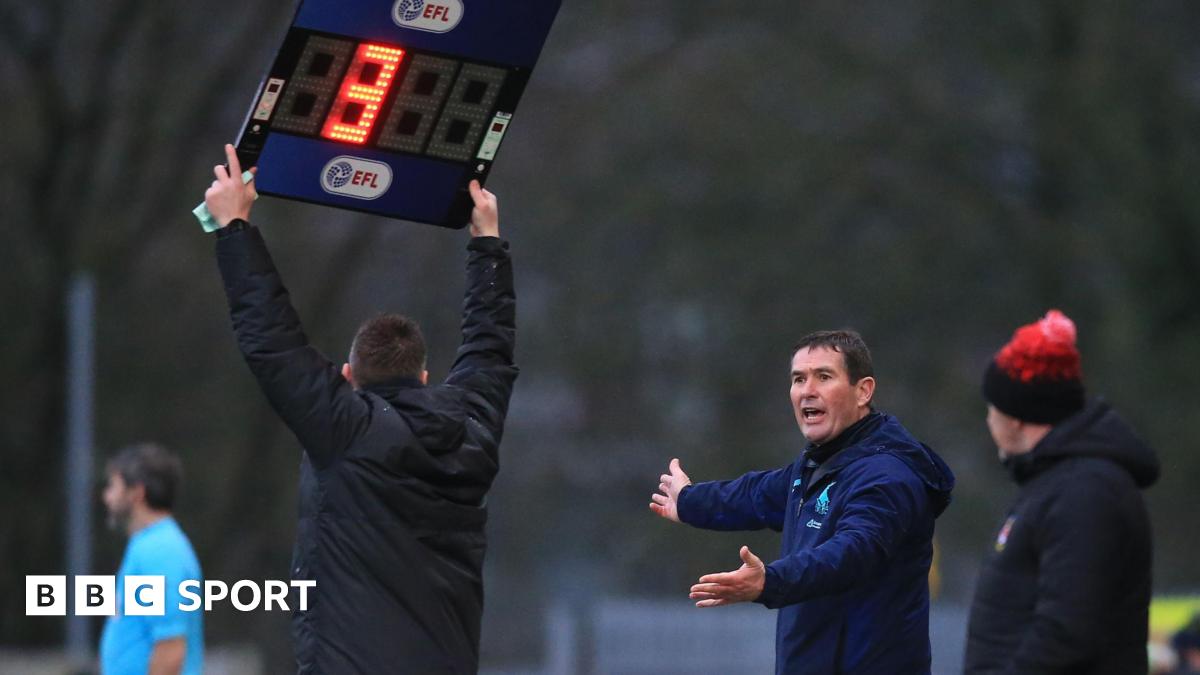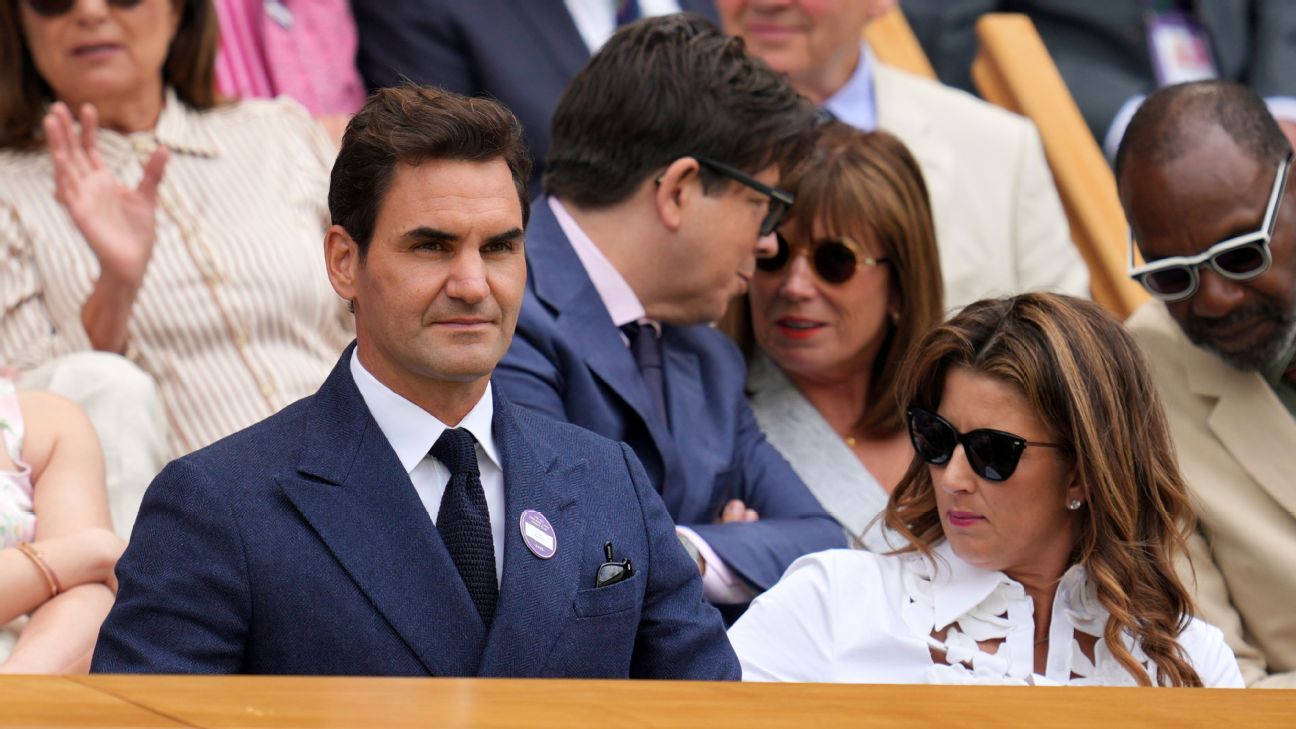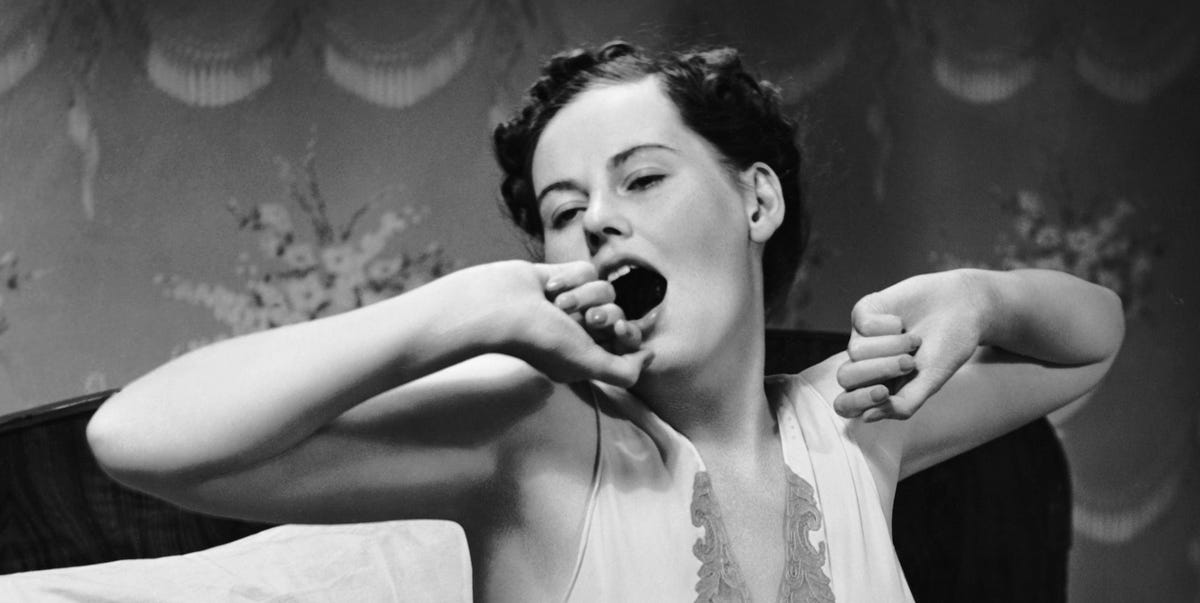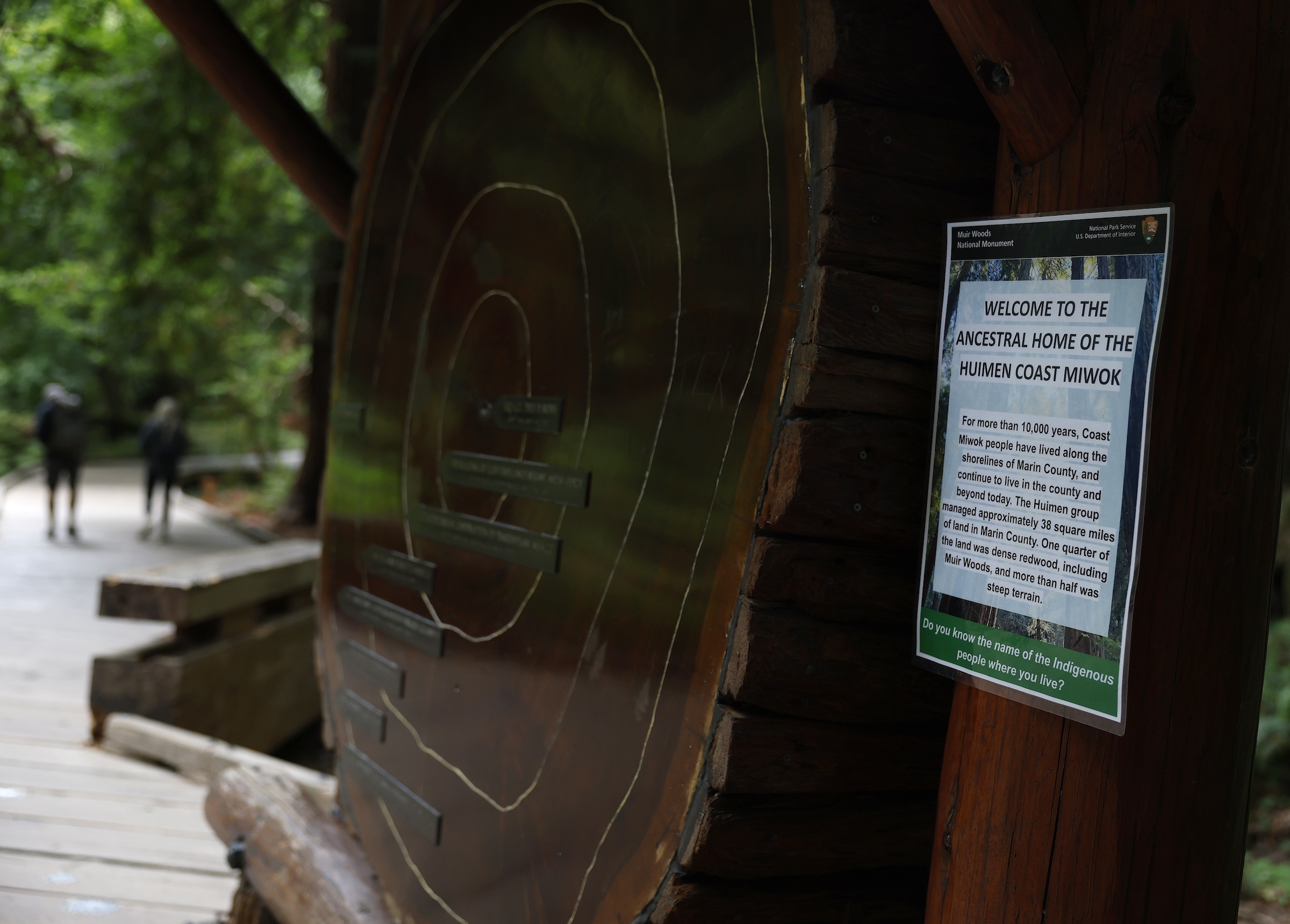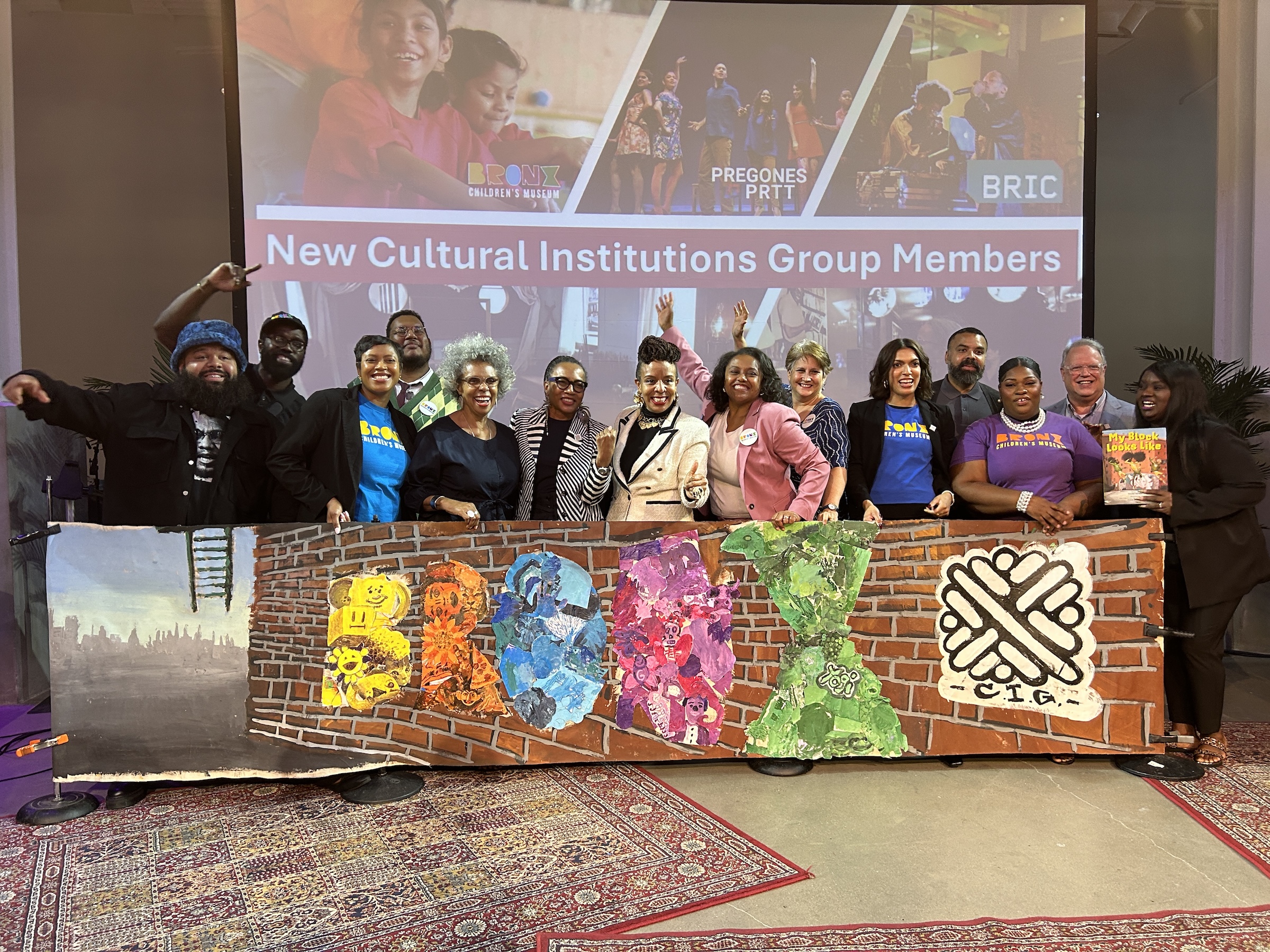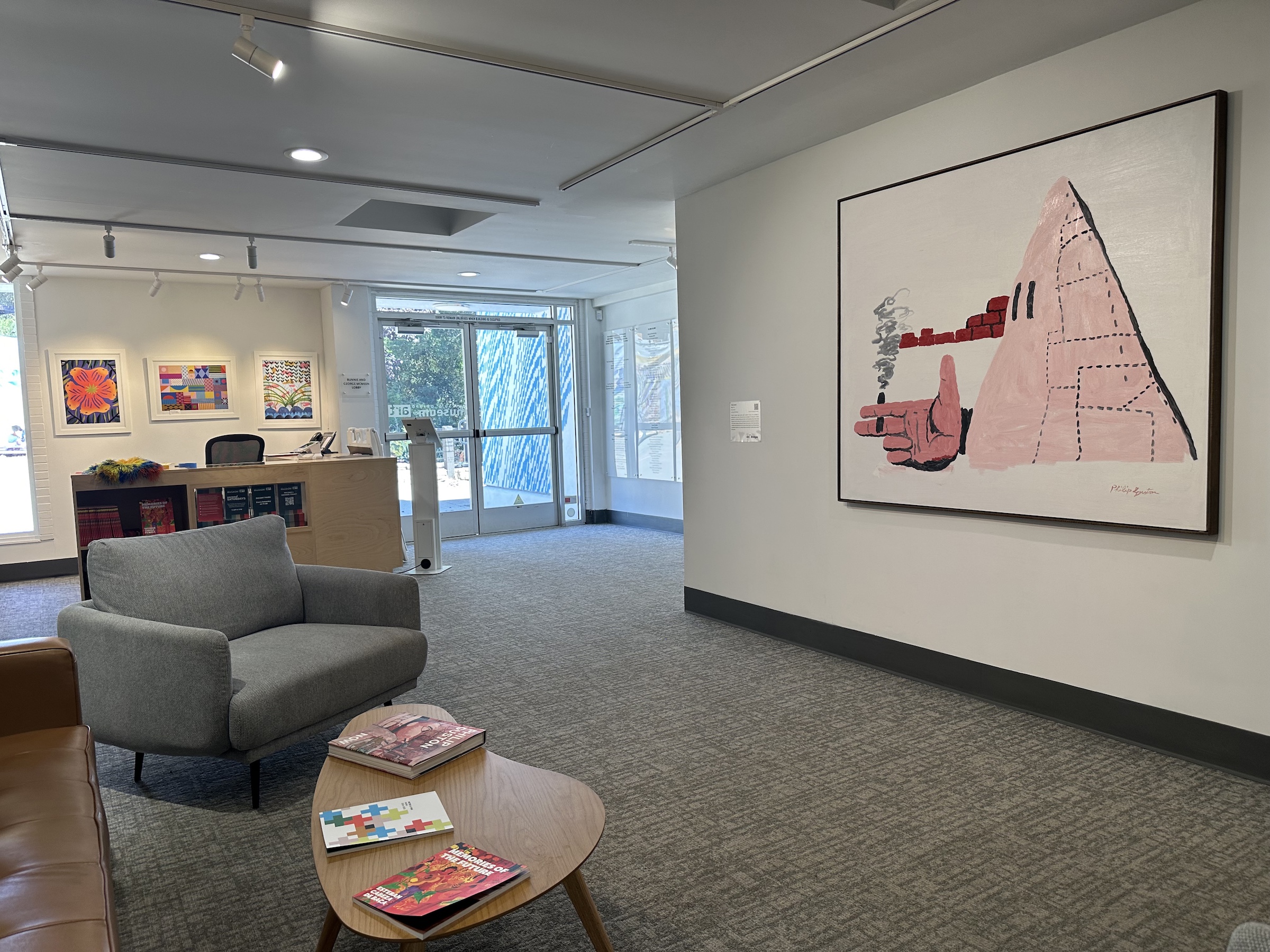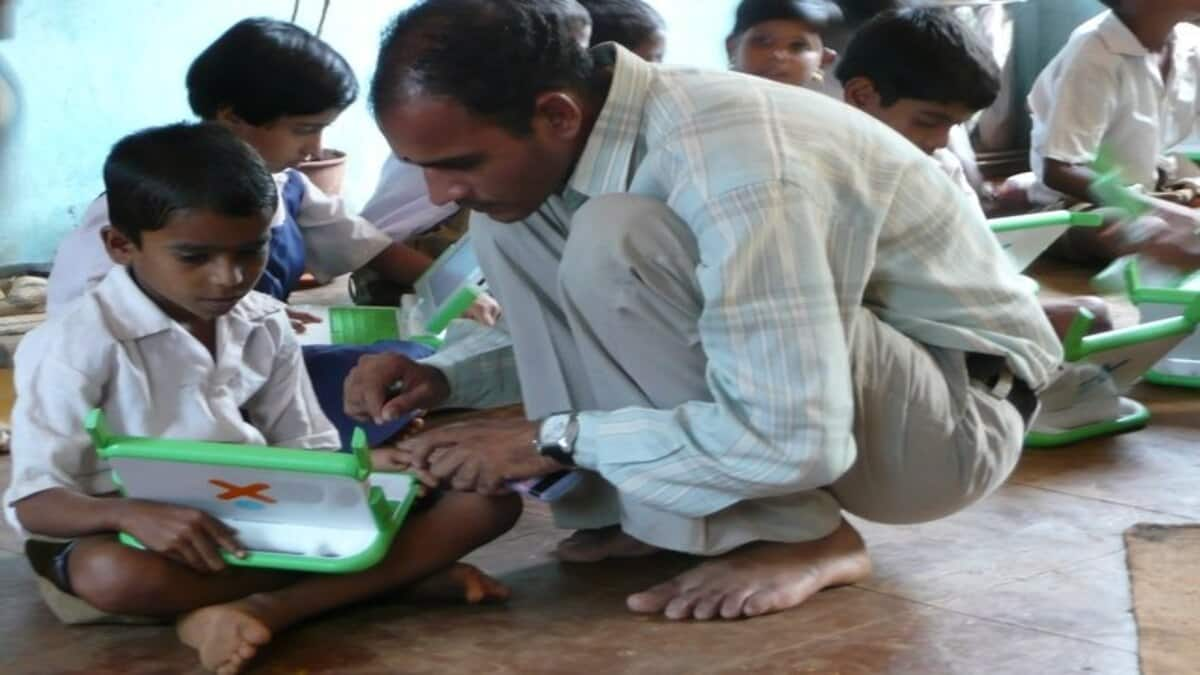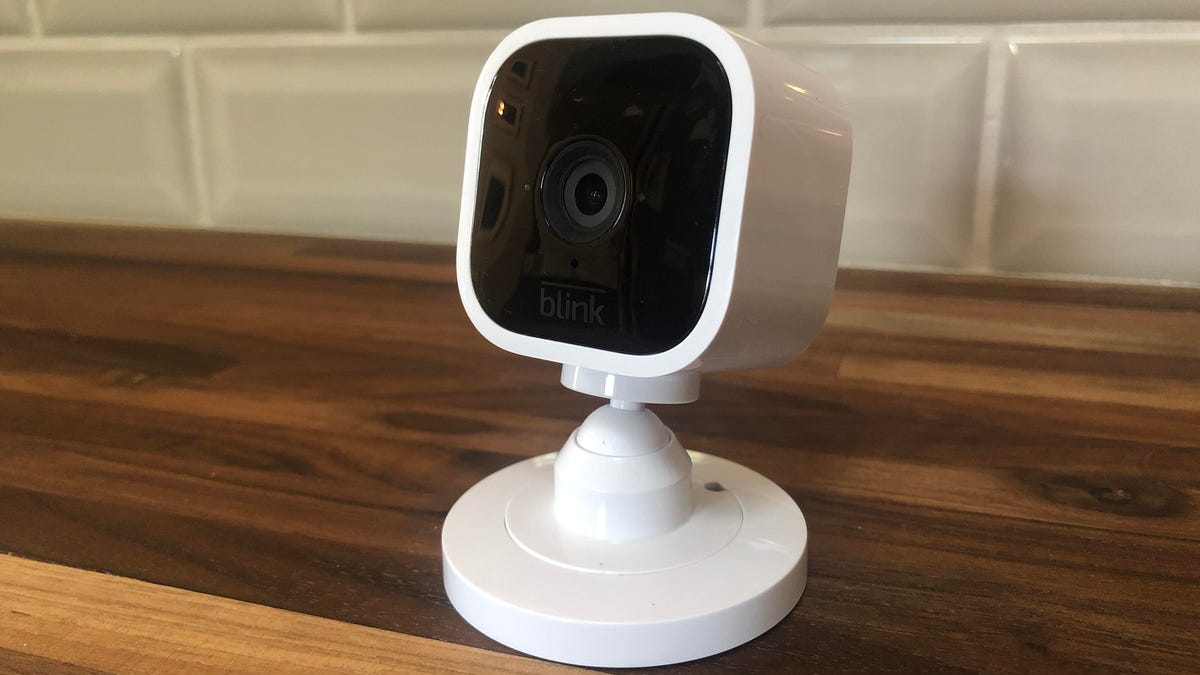How to Be a Better Diner, For Your Sake and Your Server’s
With decades of work at institutions like Carbone and the Grill, Adam Reiner has seen a lot of diner behavior, good and bad. In his new book, The New Rules of Dining Out, the industry veteran (and Eater contributor) positions himself as the Emily Post of our modern, restaurant-obsessed era. “There is always one constant […]


With decades of work at institutions like Carbone and the Grill, Adam Reiner has seen a lot of diner behavior, good and bad. In his new book, The New Rules of Dining Out, the industry veteran (and Eater contributor) positions himself as the Emily Post of our modern, restaurant-obsessed era.
“There is always one constant variable in every single one of your restaurant experiences: you,” Reiner writes. He talked to Eater about how the Danny Meyer approach to hospitality could be expanded and shared a few tweaks we can all employ to have better meals.
Eater: You refer to dining as a skill. Can you expand on why you chose that framing?
Adam Reiner: When we want to learn how to cook better, we buy cookbooks, but we never think about dining out as an improvable skill. As Danny Meyer says, hospitality is a dialogue. But I think that the Danny Meyer approach does not really emphasize the guest’s role in building that relationship. I want to convey to people that I think that it’s worthwhile — and it will result in better service — if you take the time to become a more engaged and mindful diner.
What’s one of the biggest mistakes people make when dining and how can we avoid it?
One thing I recommend is to avoid “storyboarding” your meals. People have a very prescribed notion of what they’re going to order. When I worked at Carbone, people would order what we joked was the “Number One,” which was like the McDonald’s combo for Carbone: the Caesar salad, spicy vodka rigatoni, meatballs, veal parm. Each dish is a great dish, but together, it’s not a great meal.
Instead, I love to ask a server to order my meal for me. It makes the staff more invested in the success of your meal. When they come over to check on your plates, they’re not just asking you whether you liked it, they’re asking you whether you liked what they chose. Anything that builds that camaraderie contributes to deeper hospitality experiences.
Do you have any other pet peeves from your time in restaurants?
I think it’s always best to introduce yourself before you ask a server their name and to let your relationship happen more organically. Talk to them about the menu, ask them questions, and show that you value their knowledge, then later on, say something like, “We really appreciate all your help. My name is Adam. What’s your name?”
Almost every server will tell you they can’t stand it when people ask “what’s good here?” Those vague questions don’t help you get the right recommendations. What I would recommend is framing the question more about your preferences instead of their preferences. I think it’s smarter to say, “I’m in the mood for seafood and I generally like something lighter with not too much butter or cream. Would you recommend the halibut or the mahi-mahi?”
How do you recommend diners ask for fixes without setting off alarm bells of being difficult?
There are ways to convey what your needs are in a way where the staff will be delighted to help you. If there’s a table that is more attractive to you, most people generally say, “Is there any way we could move to that table?” But if you said “Is there any way that we can move to that table where we promise we’ll be out in an hour and a half?” you might not necessarily want to leave in an hour and a half, but what you’re saying is that it’s a compromise.
If you’re not able to express what’s wrong, then your server can’t help you. The thing that I think is most important is that you’re not laying blame in those situations, particularly when your food comes out wrong. Let’s say you ordered a dish to come with French fries and they gave you a baked potato. My approach would be: “Excuse me, I wanted this to come with French fries and I got a baked potato. Is there a way they can fix it for me?” I think good language to use is: “I’m sorry, this isn’t what I expected. Is there a way that I could look at a menu again?”
Is there anything else you’d like to see people change about their dining behaviors?
It would be a very positive development if more people would express their satisfaction as opposed to their dissatisfaction. If you had a great experience with your friends, write a note to the management and tell them about it, because there aren’t that many times where restaurant workers are praised in this way. They tend to only hear about their mistakes. When these letters come, they’re often read aloud in front of the staff, and it’s a moment for people to kind of bask in the glow of something nice for a change.
This interview has been edited and condensed for length and clarity.




































